Germany on the Brink as middle class shrinking, inequality growing: Spiegel
Germany is expecting its worst economic crisis in 50 years, with diminishing prosperity, a shrinking middle class and growing inequality, according to top news magazine Der Spiegel’s recent report.
In the report published on Thursday, high inflation, skyrocketing energy prices and a slowing economy are counted as Germany’s recent crises that have worsened after Russia began a military operation in Ukraine in February.
“The losses in prosperity will be permanent. Germany, according to the forecasts, is in decline,” said economist Michael Fratzscher, adding that the German economy will slide into recession this winter with a tenfold increase in the exchange electricity price, numerous corporate bankruptcies and a permanently damaged economy.
A tough decade is looming for the German middle class or better to say, everyone, but the top 10 percent of the country, after nearly two golden decades of rising incomes, steady economic growth and little unemployment.
“I'm afraid that soon we won't be able to afford the nice life we live. We’re nervous,” said Nicole Geithner, working as a paramedic and living a family of four in Dewsden with the gross household income of 90,000 Euros.
Families with two children and a net income of 3,000 Euros per month, for example, are worried about social justice in the country as citizens must pay 1,000 Euros more a month for gas and electricity and purchase prices of 1 million Euros for a two-bedroom apartment.
The report revealed that during the second quarter of this year, real wages fell by 4.4 percent. The Sparkassenverband savings banks association estimates that 60 percent of households in Germany soon will no longer be able to put money aside.
In recent weeks, thousands have taken to the streets in protest in the cities of Leipzig, Magdeburg and Pforzheim, and it’s possible this is only the beginning.
Politicians are warning of the possibility of a “hot autumn,” some of a winter of rage, referring to possible protests and unrest.
Spiegel wrote that inequality is growing as the incomes have been drifting apart since the 1990s and the wealthy own more and more as the number of low-income earners is growing. It added that almost three-quarters of Germans fear that they will be worse off economically in the long term.
The federal government is trying to smother the problems and calm the lower middle class with money and is working on its third relief package within just a few months, the report said.
The plan calls for things like a flat-rate energy price for pensioners, a flat-rate national public transportation ticket (for somewhere between 49 and 69 Euros a month) and increased monthly child benefit payments for parents.
Although the German government has now approved around 95 billion Euros in aid, 60 percent of Germans feel that the relief packages are not socially just, according to a survey conducted by pollster Civey on behalf of DER SPIEGEL.
Olaf Scholz, German Chancellor, won his election campaign based on promoting more societal fairness, but according to the poll, almost 50 percent of respondents said they were “very dissatisfied” with the chancellor's work.
At the same time, though,economists say that expectations of the government should be realistic and that solution in these extraordinary times don't have to be perfect. They just need to have a clear effect, as this summer's 9-euro monthly national public transportation pass did.
“The government must be careful that the dramatic rise in energy price doesn't drive entire segments of the population into poverty,” Timo Wollmershäuser, chief economist at Munich’s Ifo institute, said.
Wollmershäuser believes it is a foregone conclusion that the economy will fall into recession from the winter half-year onward. He believes economic output will also contract in the coming year, by 0.3 percent according to the latest forecast.
Iran warns about consequences of normalizing violations of intl. rules
VIDEO | Gaza’s Ramadan: 1.7mn displaced struggle between hope and pain of war
Israel’s West Bank land seizures signal 'alternative homeland' threat: Ex Jordanian official
Tarique Rahman sworn in as Bangladesh’s new prime minister
UAE removes online references to Hind al-Owais after Epstein email revelations
Iran in no way seeking nuclear weapons: Pezeshkian
Oman: Iran-US indirect talks in Geneva achieve tangible progress
VIDEO | Press TV's news headlines


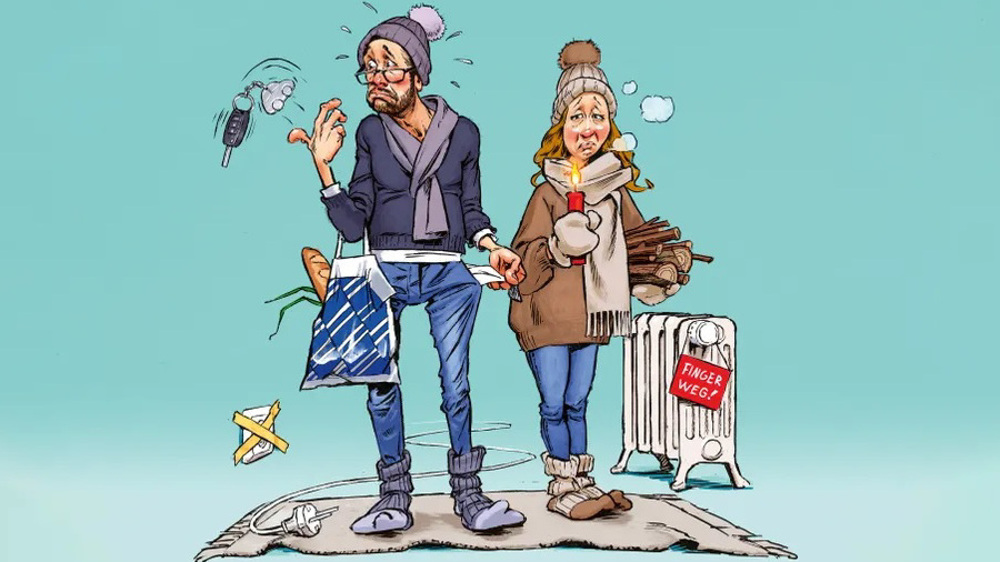
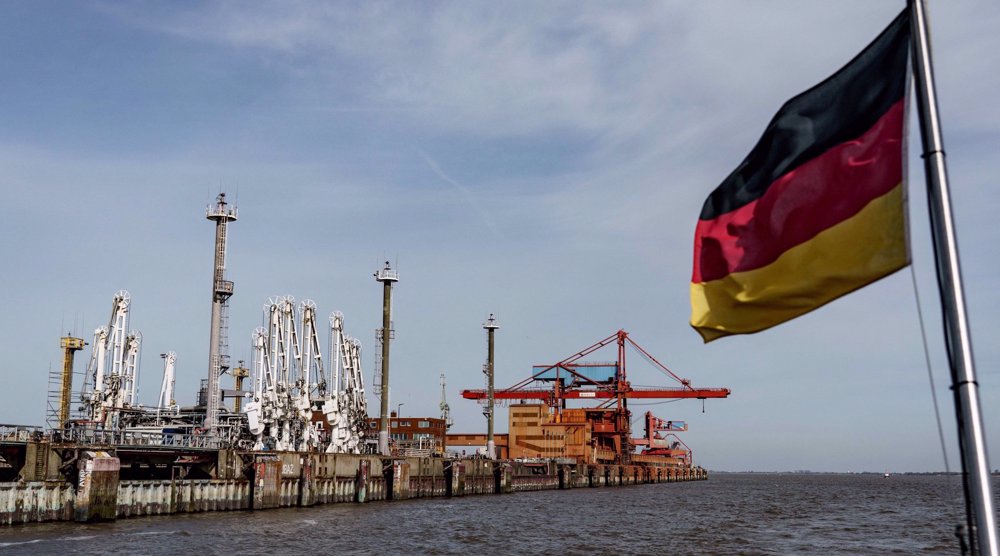

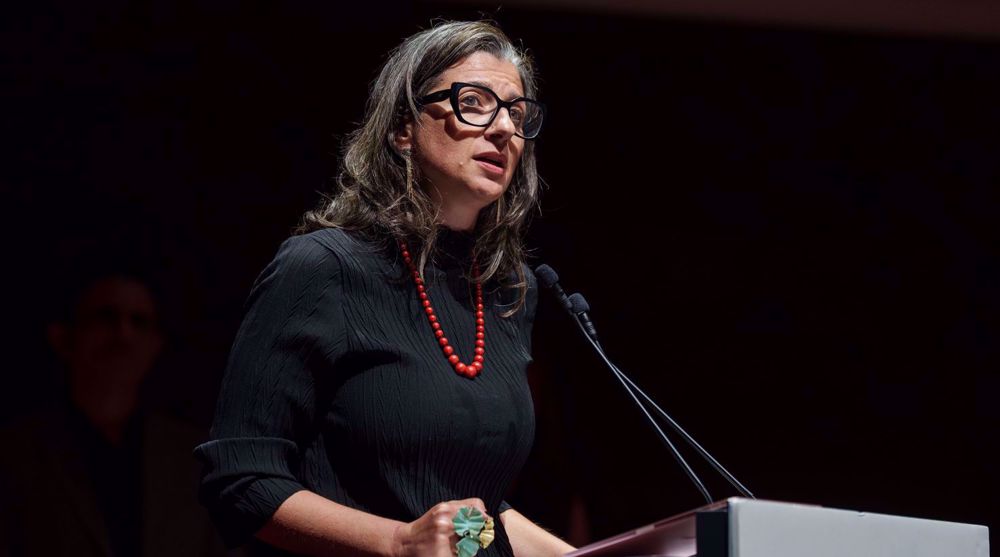




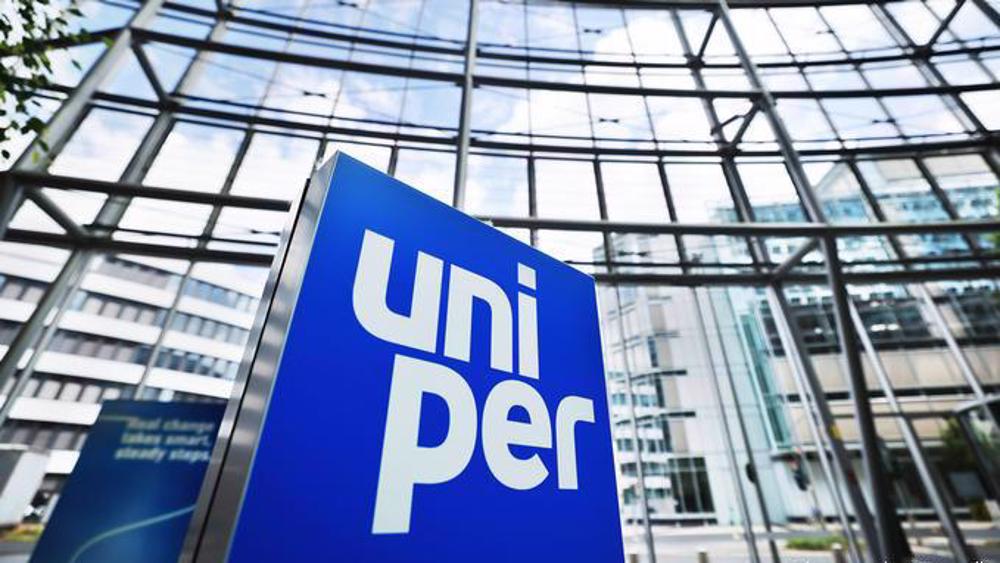
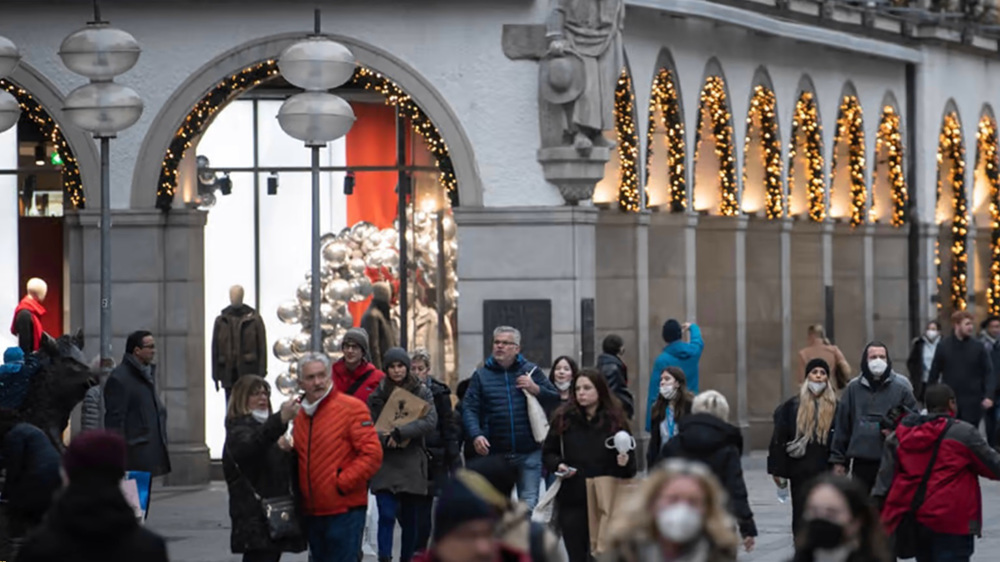

 This makes it easy to access the Press TV website
This makes it easy to access the Press TV website